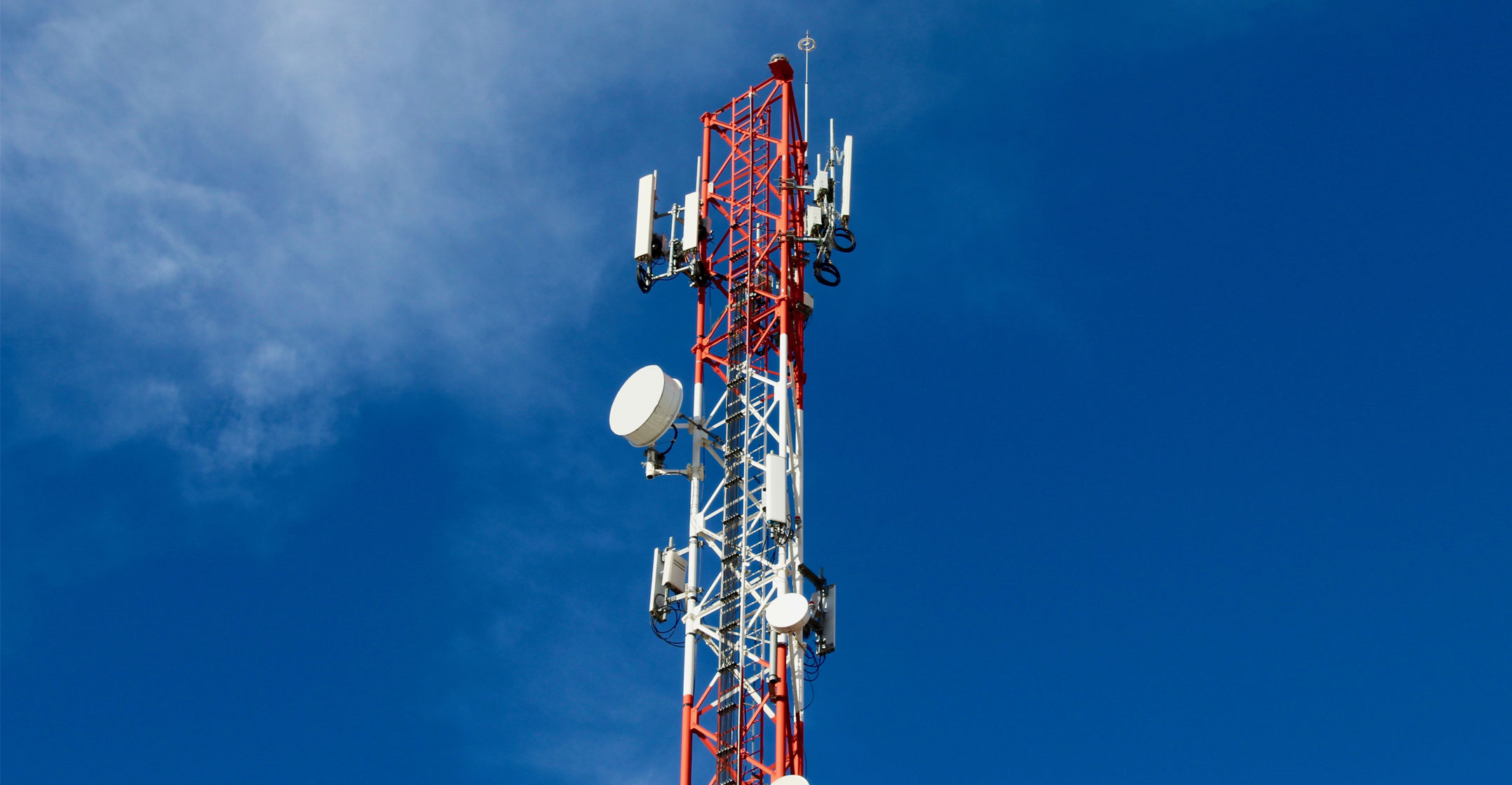
Communications regulator Icasa is “engaging the sector on possible ways of radio frequency spectrum relief” during the national state of disaster declared by President Cyril Ramaphosa over the spread of the Covid-19 pandemic.
Icasa said on Thursday this will be done to “ensure good quality of broadband services and enable licensees to lower cost of access to consumers, particularly in relation to education, emergency and other social services”.
In a statement, it said it is considering these measures to enable South Africa to mitigate the spread of Covid-19 by “facilitating easy and affordable and/or free access to data”. It didn’t say exactly what radio spectrum measures it is considering or how these might work in practice.
“Icasa has written to licensees in an effort to ensure that they make communication services available to all South Africans,” it said. “These engagements take place in the context of the expected surge in usage of data as the majority of South Africans across all sectors have no option but work from home, learn from home and carry on their day to day life activities (shopping, entertainment, etc) from home through technological means.”
This, it said, will result in a spike in data usage, particularly as consumers also access information with regards to the pandemic – thus placing strain on the capacity of networks.
“In this context it is therefore critical that the authority consider regulatory concessions or relaxations to enable the sector to meet the demands of the business unusual environment occasioned by the pandemic,” said Icasa acting chairman Keabetswe Modimoeng.
Tariff notifications
To the extent that operators wish to tailor packages (specifically data packages) to respond to the pandemic, Icasa will consider relaxation of the tariff notification filing requirements to enable speedy roll-out of such packages, it said.
In broadcasting, pay-television companies have been requested by Icasa to open both their audio and television bouquets to consumers that do not subscribe to their services. “This will assist the public to have access to information that they can use to deal with the scourge of the virus that is facing the country,” it said. Already, MultiChoice Group has opened many of its 24-hour news channels to all South Africans – regardless of whether they subscribe to DStv or not – on its DStv Now streaming platform.
 Icasa also wants to encourage the use of so-called TV white spaces – spectrum gaps in broadcast services – to allow for greater access.
Icasa also wants to encourage the use of so-called TV white spaces – spectrum gaps in broadcast services – to allow for greater access.
“Against the background of the regulations on the use of TV white spaces, Icasa recently commissioned TV white-spaces databases to enable the use of TV white-spaces spectrum for the roll-out of data services, particularly in rural and remote areas. Several trials were conducted in this regard in the recent past. In order to ensure that rural and marginalised communities are also catered for during this period, Icasa calls on all service providers who meet the proposed minimum certification requirements to make use of the database for purposes of providing affordable and/or free access to data to rural consumers during this period.” — © 2020 NewsCentral Media




